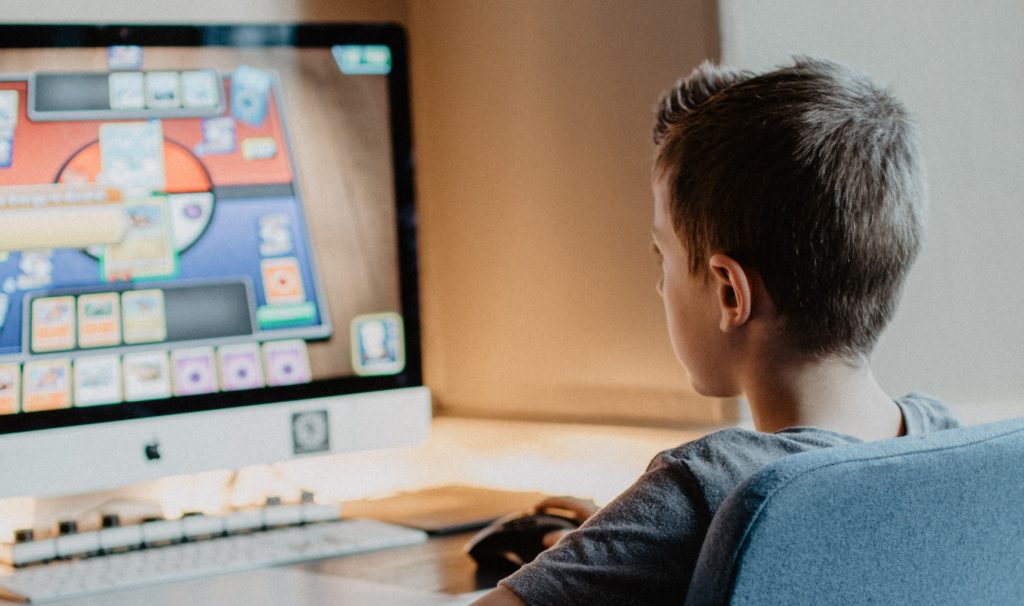Table of Contents
Since the advent of headphones, many students have wanted to listen to music while doing their work. Students claim that it helps them relax, focus, and does not distract them from doing their best, but to what extent is this true? Should students be allowed to listen to music in class or does it keep them from being able to do their best?
Research into music’s effect on cognitive performance is difficult because of a number of factors.
Firstly, there are many types of music that one might choose to listen to when studying from jazz to death metal or new genres like lo-fi hip hop beats. Each genre has significantly different qualities which may or may not impact its effect on performance.
Secondly, there are a number of different tasks someone might be trying to complete. The individual may be reading a book, writing a paper, or doing math problems. Since each activity requires different brain regions, the effects of adding music will vary with what activity is being done.
Thirdly, individuals also will react differently as each person is unique in their responses due to previous experiences, genetic predisposition, and personal preferences. For example, a person who enjoys regularly listening to music while working and has done so for years will be more likely to experience the purported relaxation benefits of music when compared with a student who feels that they need complete silence in order to focus.
Despite all of these confounding factors, recent research has been able to identify the types of music most likely to be beneficial, as well as those that should be avoided when seriously studying.
Studies on Listening to Music in Class
A new study out of Simon Fraser University in Canada used several musical psychology theories to posit that the best music for students to listen to would be music in a major key that is upbeat and reasonably fast paced. (Chen)
Musical pace and emotional resonance can have a significant effect on mood and arousal. Because of this, the researchers suggest that upbeat music will keep students positive, awake, and focused while working, especially on spatial tasks.
The article also strongly suggests that music with lyrics is distracting, especially when doing reading or writing tasks, as it adds competing cognitive load to the language processing centers of the brain. This part is not a new suggestion at all, and many previous studies have confirmed that music with lyrics competes with the task at hand and lowers task performance.
An earlier study had students complete practice SAT Reading questions under various musical conditions such as music they liked or didn’t like, music with and without lyrics, and quiet conditions. The results confirmed the well established fact that lyrics are distracting, and this was the case whether the students liked or disliked the music in question. (Perham and Currie)
One of the interesting findings from this study, however, was that student’s self reports about what they felt helped them focus the best were unreliable. Many students felt that they focused best with their favorite music as this is how they usually work, but when the results came out, they too had been distracted by the lyrics and their performance was affected.
The conclusions of the study were that quiet, non-lyrical music was much less distracting for performance, but the quiet conditions were technically the best for test performance. While test performance is not always the number one priority, these results show clear indications that playing music, especially with lyrics, does affect performance on cognitive tasks.
Teacher Takeaways

While music may be a bit of a distraction when doing SAT style questions, this does not necessarily mean that it should be completely banned from the classroom. While music does perhaps take away some cognitive focus, it can also be used to control other emotions which may have an even more detrimental effect on learning in the classroom.
One place music can be very helpful is when it is played at the beginning of class as students enter the room. Students are often excited, energetic, and distracted from learning by discussions with friends. Playing quiet background music as students enter can help to create a calm atmosphere, helping students calm down and settle for class.
Depending on the class, students may also benefit from some quiet background music played during tests to calm nerves and help students focus. While the background music may add a small cognitive load, for many students, the reduction in stress will have a far more pronounced effect than the quiet background music.
The teacher will need to know their class and accept that each student may have different preferences. Some students or entire classes may see it as a reward for the teacher to play quiet music while they work or take a test, but others may really prefer total silence when doing serious work.
Teachers should use their personal judgment on when to play music for the whole class, when to allow students to listen on their headphones, or when to ask all students to work in silence without headphones. This may change over time not just for the whole class, but for specific individuals as well.
Group work time can also be a surprisingly good time to play music. Having some quiet music playing will keep student’s volume down as they work together and help to create a happy environment where students enjoy working.
During independent work time, listening to music can be a nice privilege for students who are working well and on task. Many students will choose to quietly listen to music on their headphones and work on their classwork to avoid distraction from friends and so not only can it be used as a reward for hardworking students, it can also work to keep students from distracting each other as well.
Conclusion
Music can be a great tool to help students manage their emotions, create a positive atmosphere, and encourage students to stay on task. While music may technically add some cognitive load, this effect is only a notable issue in music with lyrics, especially during reading or writing tasks.
Allowing students to listen to music during class is probably going to have minimal effects on their performance, but may have a significant effect on their mood. School can be a lot of work and can be very stressful at times for students and teachers alike.
Bringing a bit of light music to the room can change a classroom environment from being cold and restricting to warm and relaxed like a cafe. While there are certainly times to get serious and silent, there is good reason to break up those times with periods of relaxation and positivity. Light music without lyrics can go a long way to help make that transformation in a classroom.
Want more like this? Make Lab to Class a part of your weekly professional development schedule by subscribing to updates below.
References
Perham, Nick, and Harriet Currie. “Does Listening to Preferred Music Improve Reading Comprehension Performance?” Applied Cognitive Psychology, vol. 28, no. 2, 2014, pp. 279–284., https://doi.org/10.1002/acp.2994.
Chen, Yuxuan. “The Effect of Background Music on Young People (10-24)’ Task Performance.” Advances in Social Science, Education and Humanities Research, 2022, https://doi.org/10.2991/assehr.k.220105.087.



